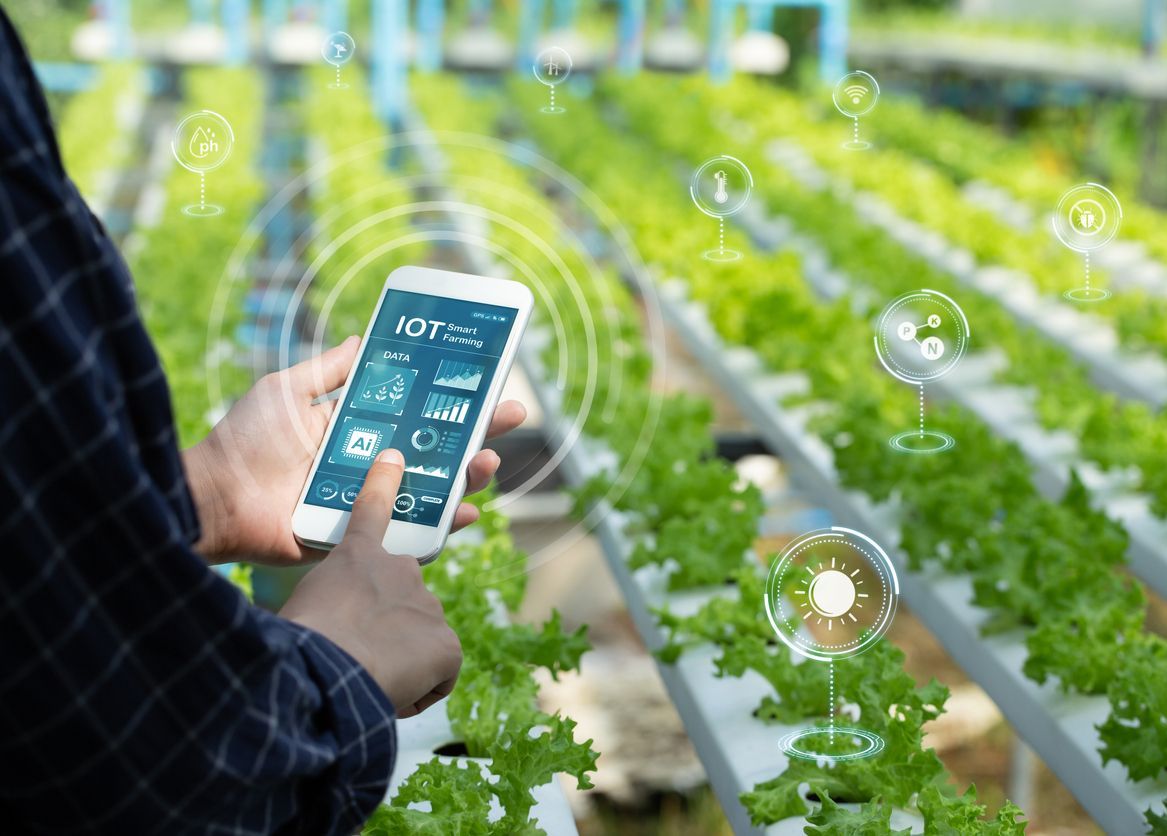
Sustainable Sensor Detects Pesticides on Crops
February 7, 2024| |
Scientists in Brazil have produced a plant-wearable sensor that detects the presence of pesticides on fruits and vegetables. This innovation may help address food safety and sustainability issues in agriculture.
Pesticides are typically used on crops to eliminate pests and increase crop yields. However, only 50% of pesticides reach their target. The remaining amount may contaminate the soil, water, and food products.
To help with this issue, researchers from the University of São Paulo and the Federal University of Viscosa created a biodegradable sensor for pesticide detection. The device is made of cellulose acetate derived from wood pulp. Unlike other sensors, the new invention can be placed on the surface of a fruit or vegetable to analyze its pesticide content. Besides being sustainable and plant-wearable, the sensor is also affordable, highly selective, convenient, and easy to use.
For more information, read the journal article on Biomaterials Advances.
| |
You might also like:
- Review of Wearable Sensors for Plant Health Monitoring
- Biosensors Detect Non-visible Rot in Potatoes
- Experts Develop Plant Wearables to Measure Water Loss
Biotech Updates is a weekly newsletter of ISAAA, a not-for-profit organization. It is distributed for free to over 22,000 subscribers worldwide to inform them about the key developments in biosciences, especially in biotechnology. Your support will help us in our mission to feed the world with knowledge. You can help by donating as little as $10.
-
See more articles:
-
News from Around the World
- Australia's Gene Technology Regulator Invites Comments on Field Trial of GM Wheat and Barley
-
Plant
- Researchers Pinpoint Potato Gene for Root Growth and Drought Tolerance
- Experts Develop CRISPR-based Biosensor for GM Maize
- Sustainable Sensor Detects Pesticides on Crops
-
Animal
- A Non-allergenic Wheat Protein Improves the Growth of Cultivated Meat
-
Food
- Study Gives Details on Arabica Coffee's Complex Genome
- Pinoy Biotek Seminar: PCR-based Detection Kit for Salmonella on Meat
-
Health
- Researchers Develop Gene Editing Tools for Precision Medicine
-
Read the latest: - Biotech Updates (February 4, 2026)
- Gene Editing Supplement (January 28, 2026)
- Gene Drive Supplement (February 22, 2023)
-
Subscribe to BU: - Share
- Tweet

